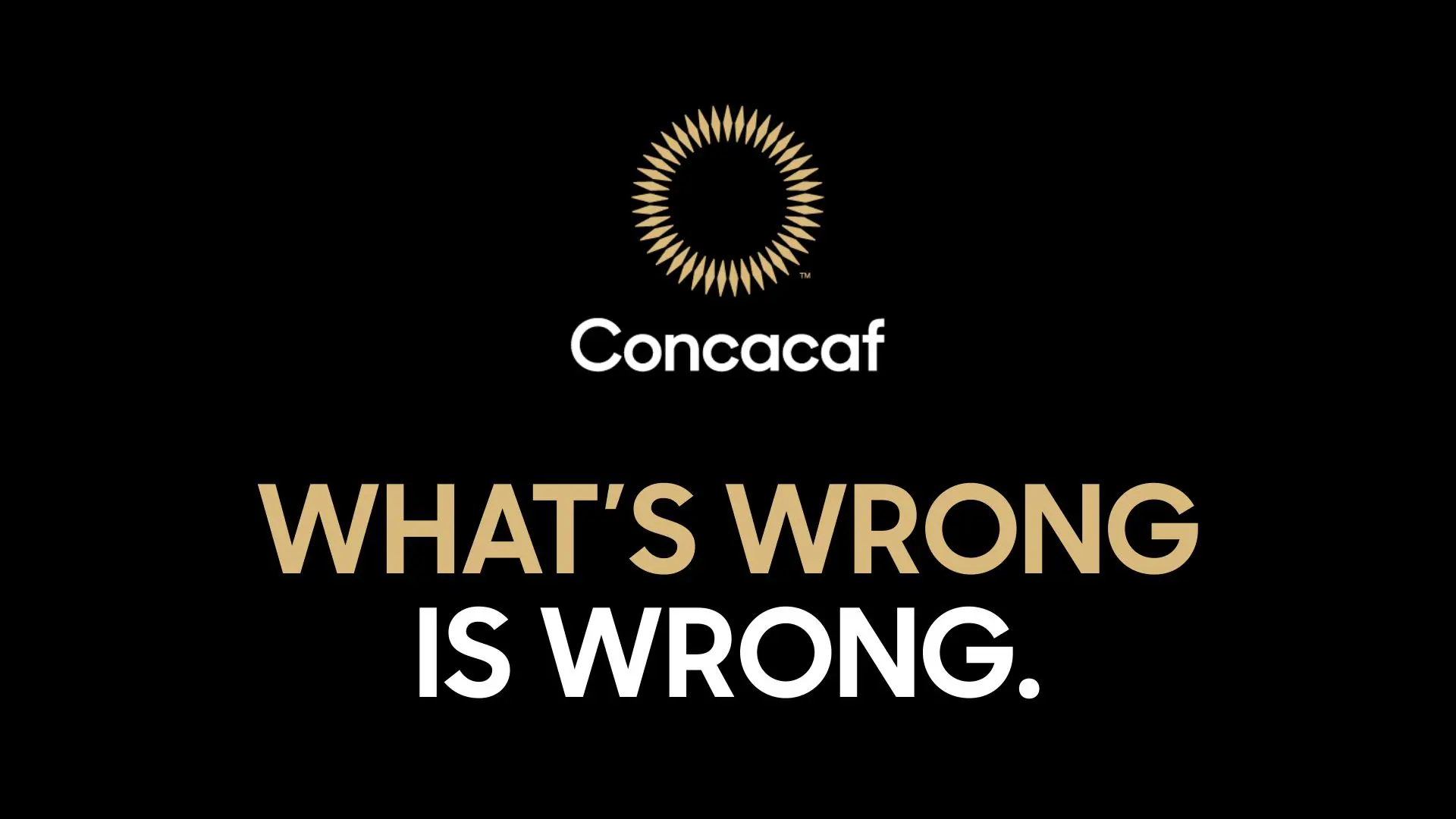Few football clubs evoke as much passion, history, and debate as Manchester United. Once the untouchable giants of English football, United have endured a turbulent decade since Sir Alex Ferguson's retirement. Now, with signs of revival under Erik ten Hag, the football world is asking: Is this the return of Manchester United, or just another wave of overhyped hope? In this deep-dive, we’ll explore what’s really going on at Old Trafford — tactically, financially, and culturally — to determine whether the comeback is real or just an illusion.
Section 1: A Decade of Decline – Setting the Stage
Since Ferguson’s departure in 2013, Manchester United have cycled through seven different managers (including interims), spent over £1 billion on transfers, and still struggled to find a consistent identity.
While the club has seen occasional highs — like the Europa League win under Mourinho in 2017 — these moments were fleeting. The truth is, United became more of a commercial brand than a footballing force, leading many fans and pundits to label them a "sleeping giant."
But the arrival of Erik ten Hag in 2022 marked a turning point. The former Ajax manager brought structure, accountability, and a no-nonsense attitude that instantly began shifting the locker room culture.
Section 2: Tactical Transformation Under Erik ten Hag
One of the most promising signs of United’s revival is their tactical evolution. Unlike previous managers who either relied on counterattacks or lacked a clear system, Ten Hag has instilled a philosophy based on:
Structured buildup play
Pressing with purpose
Compact midfield transitions
Disciplined defensive lines
United’s 2023/24 campaign showed flashes of this style taking shape — especially in big games. Wins against Manchester City and Barcelona showcased a team that could adapt to opponents while maintaining its identity.
However, inconsistency in performances and injuries exposed the need for depth and better squad management — challenges Ten Hag has openly acknowledged.
Section 3: Recruitment and the Rise of Young Stars
Another reason for optimism is the quality of recent signings and the promotion of young talents. The likes of:
Lisandro Martínez (Ten Hag’s trusted warrior)
André Onana (a modern goalkeeper suited to his system)
Rasmus Højlund (raw but promising striker)
Kobbie Mainoo (midfield prodigy with composure beyond his years)
…suggest a more targeted recruitment strategy rather than a scattergun approach seen in previous regimes.
The emergence of Garnacho and Mainoo from the academy has reignited belief in United’s tradition of developing homegrown talent. This mix of experience and youth is critical to any long-term rebuild.
Section 4: Financial Clarity and the INEOS Factor
Off the pitch, the biggest shift came in 2024 when Sir Jim Ratcliffe’s INEOS Group acquired a significant stake in Manchester United. With INEOS now in control of football operations, the Glazers’ influence is reportedly reduced.
Why does this matter?
Because it brings:
Sporting expertise from INEOS’ work with clubs like OGC Nice
Streamlined decision-making
A focus on data-driven recruitment and sustainability
For the first time in years, United seem to have a football-first approach, rather than prioritizing commercial deals over squad development.
Section 5: Are the Results Backing the Hype?
Now comes the real test: Are Manchester United winning consistently again?
In the 2024/25 season, United:
Finished 3rd in the Premier League
Reached the Champions League quarter-finals
Won the EFL Cup
While not a return to Ferguson-era dominance, these are measurable improvements. More importantly, the team is beginning to develop a winning mentality — grinding out results even when not playing at their best.
Section 6: Challenges Still Linger
Despite the positives, United are not out of the woods yet. Key issues remain:
Injury-prone squad: Regular absences of key players have derailed momentum.
Squad depth: Beyond the starting XI, United still rely on inconsistent backups.
Ownership tension: While INEOS is involved, the Glazers are not completely out, and fan unrest continues.
European competition: Beating the likes of Real Madrid, Bayern, or City consistently still feels like a stretch.
The gap between United and Europe’s elite is closing, but not yet closed.
Is Manchester United truly back among Europe's elite or is it just media hype? Dive into a tactical, financial, and cultural analysis of United’s ongoing revival.

